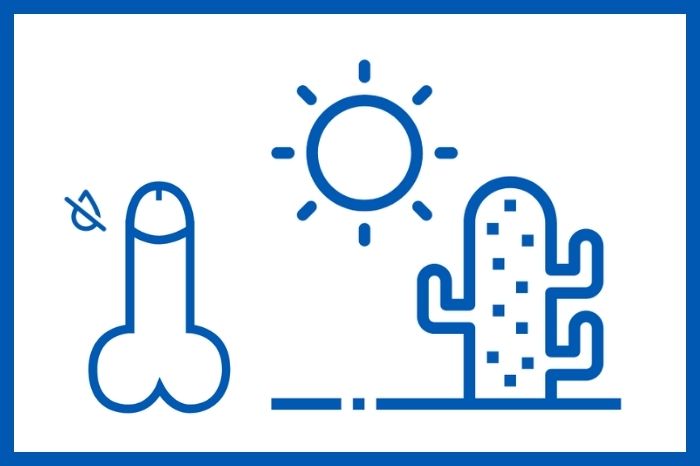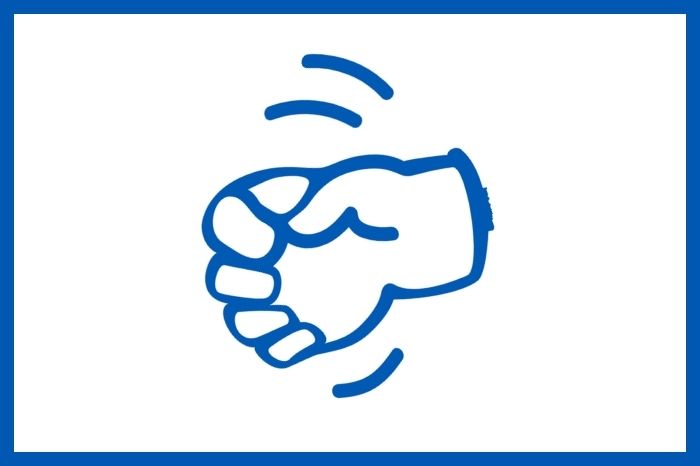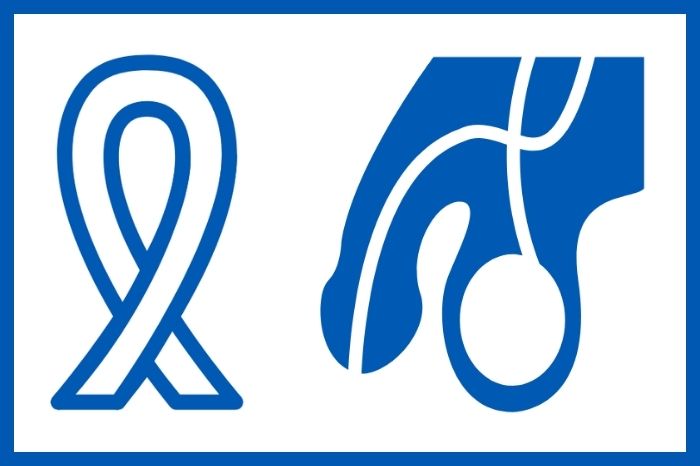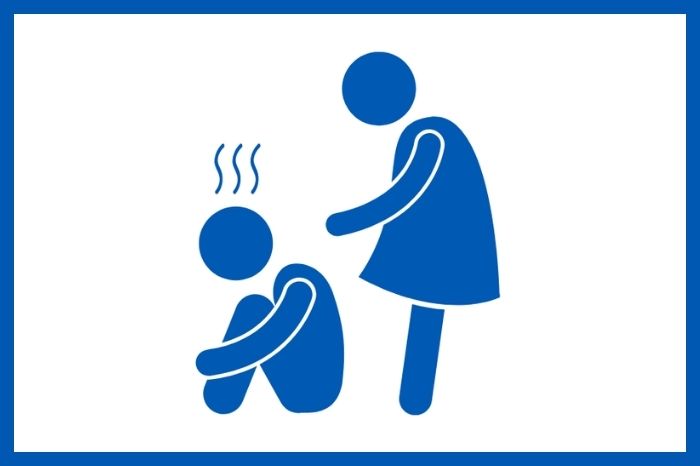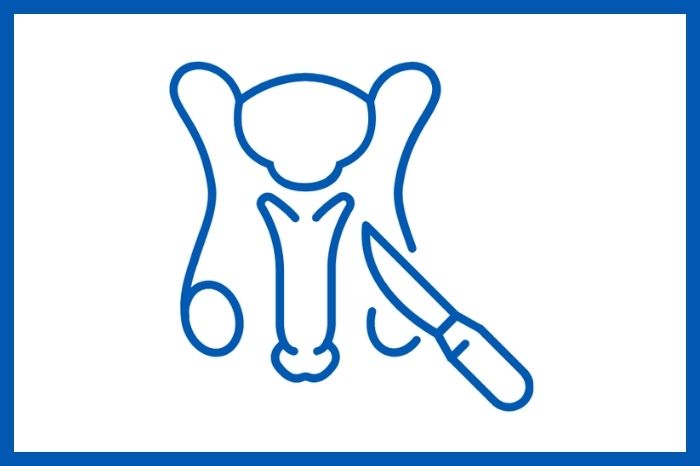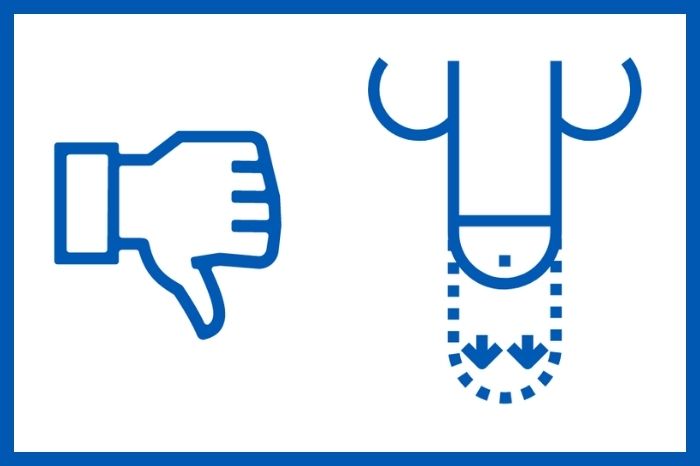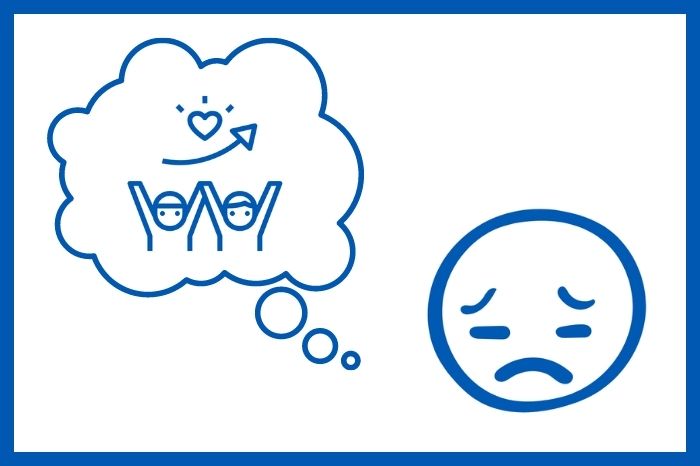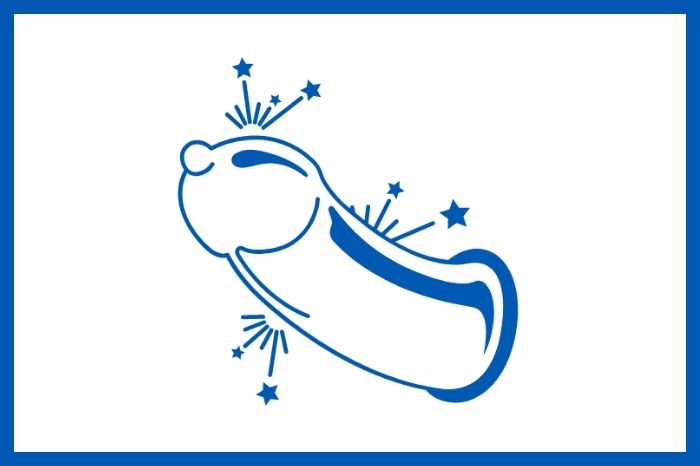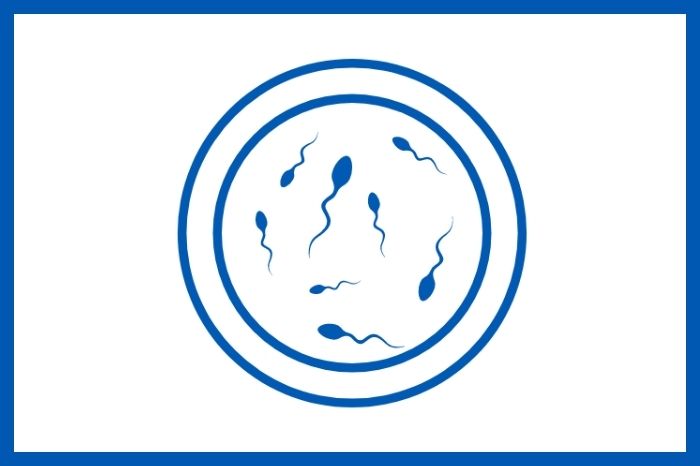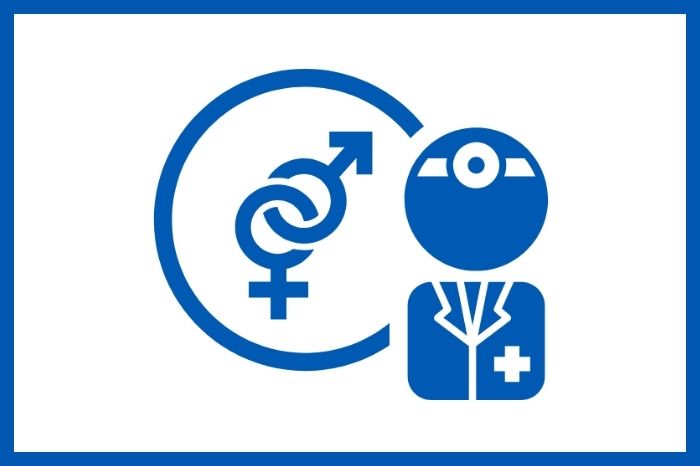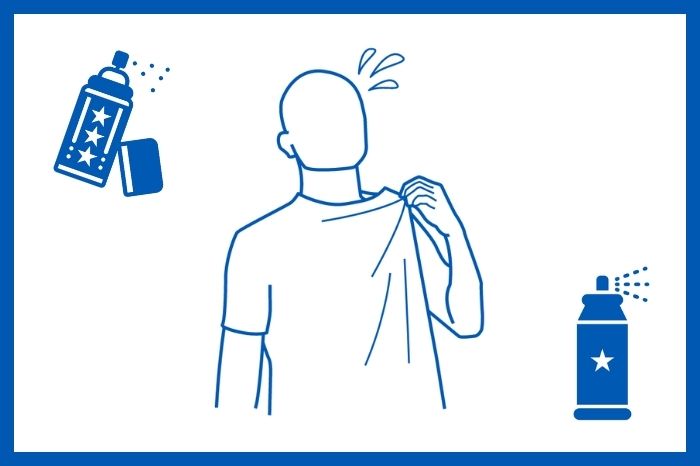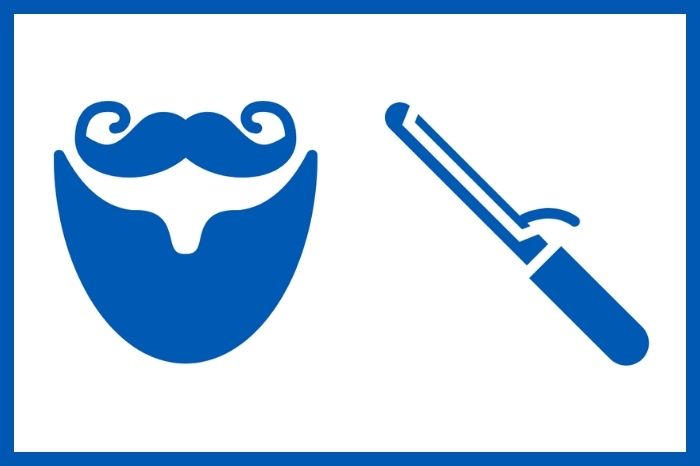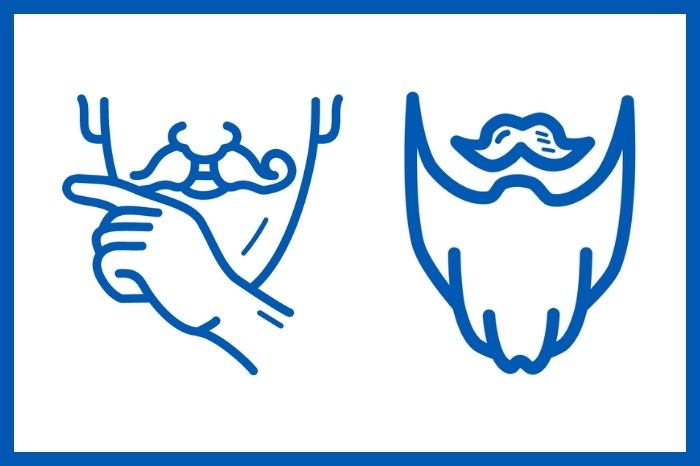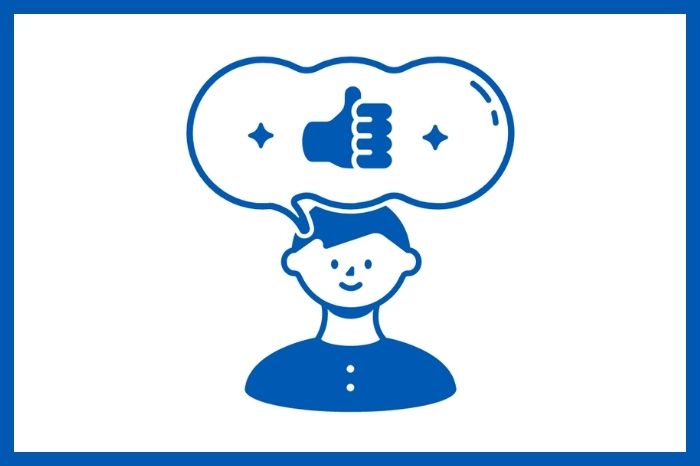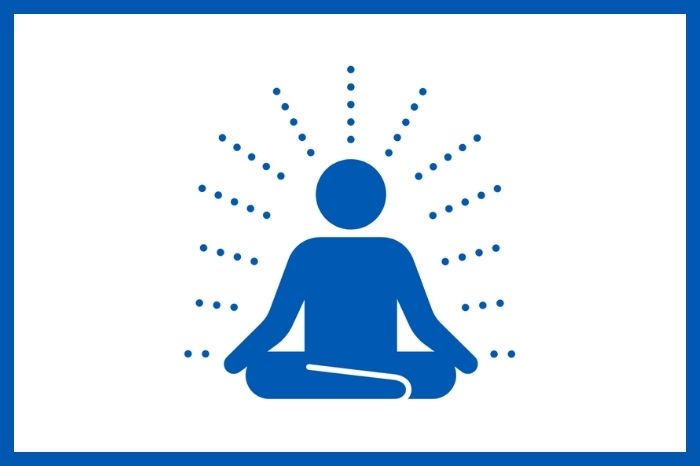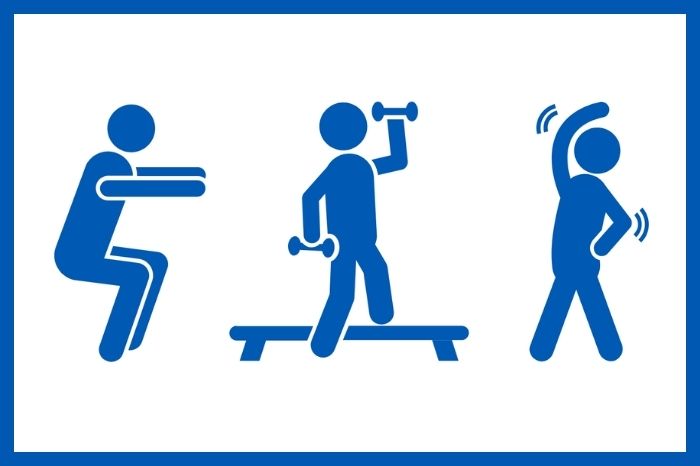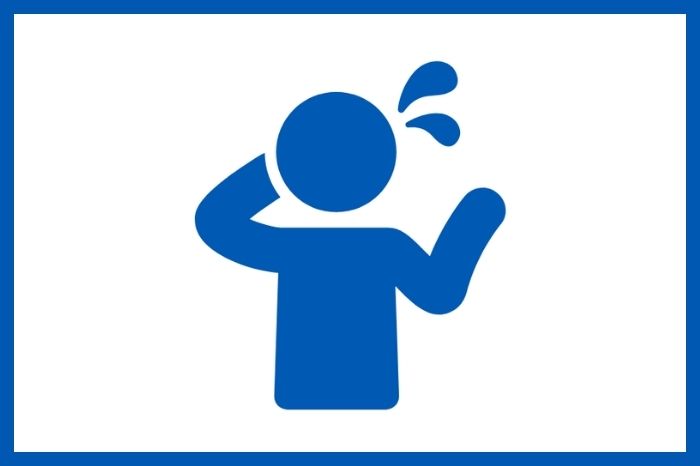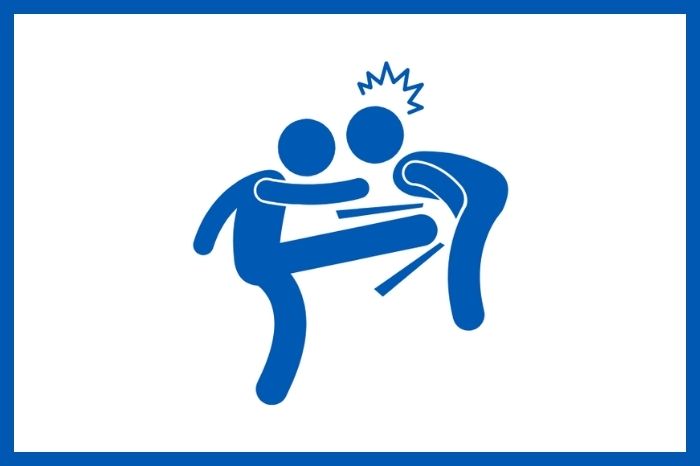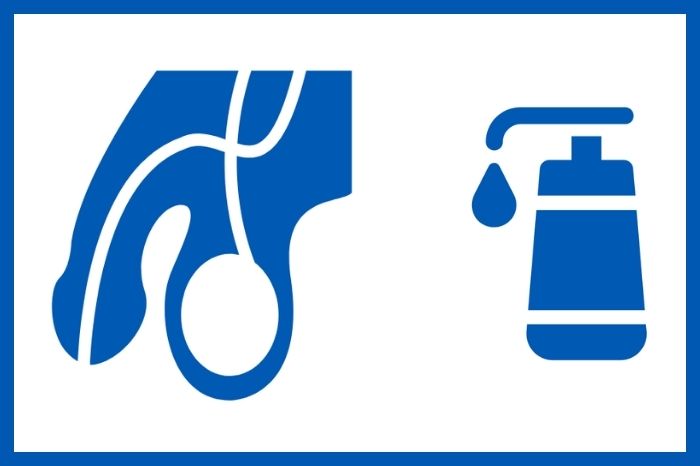Is testicle pain normal?
It's bad enough to have testicular pain. But then you worry if it's something more serious, like testicular cancer, and that worry doesn't make anything look better.
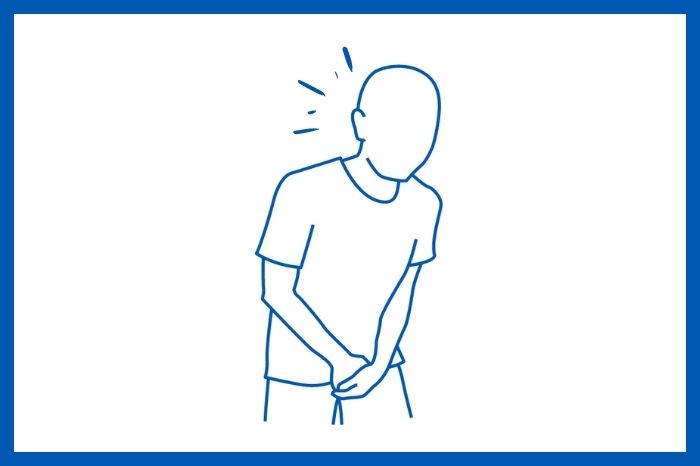
How do you know if scrotal sac pain is signaling something serious or not?
First of all, it is important to know that having some discomfort in the testicles is common. So common, in fact, "that every man at some point in his life is likely to have experience with it," says Jamin Brahmbhatt, co-director of the PUR Clinic, which specializes in urology and men's health.
It's understandable that you might be concerned that pain in the sac is a sign of testicular cancer, especially since this cancer tends to appear when you're young or middle-aged. But know that most cases of testicular cancer are painless, meaning the pain is not a symptom and is usually detected through a lump, says Brahmbhatt.
And if you fear that your testicular pain is caused by sexually transmitted infections (STIs), you are more likely to experience burning when urinating, although some degree of sore testicles may be present. Even though an STD is not the reason your testicles tend to hurt, you should definitely know whether or not you have an STD. A consultation with the urologist is always a good option.
What can cause testicle pain?
There are many reasons. It could be a problem somewhere else, like a kidney stone or stomach problems, or it could be due to the veins or any other cause, from benign things to more serious cases that require a medical appointment right away.
Testicular torsion and pain in the scrotum and abdomen
"Testicular torsion is caused when the spermatic cord that connects the testicle to the body twists and cuts off blood flow to the testicle," says Michael P. Zahalsky, a specialist in Urology and founder of Z Urology in Coral Springs, Florida. He likened twisting to picking an apple: "To pick an apple, you have to twist the stem until the apple pops out. This can happen with testicular torsion - it's twisted until the testicle dies."
Testicular torsion can occur in a number of ways. It can occur when you are working out, having sex or even sleeping. It is most common between the ages of 12 and 18, but can happen at any age.
And if that sounds incredibly painful, it's because it is. Sudden, sharp pain in the testicles is a symptom of testicular torsion. In addition to pain, symptoms also include bloating, abdominal pain, nausea, vomiting, and a testicle in an unusual position—above normal or at an unusual angle—according to the Mayo Clinic.
Whatever the case, you should go to the doctor right away if you suspect this is happening to you. In some cases, doctors can manually untwist the testicles. But most of the time, surgery is needed to reverse the situation.
Consider this a medical emergency: if blood flow is stopped for too long to your testicle — as when blood flow is stopped to any other part of your body — tissue can die. And in that case, sometimes the testicle needs to be removed.
post vasectomy pain
Feeling pain in the scrotum after a vasectomy, a surgical birth control procedure in which the duct that carries sperm from the testicles to the urethra is sealed, is extremely rare but can occur. In fact, according to American Urological Association guidelines, chronic scrotal pain occurs in only 1% to 2% of men who have the procedure.
Experts aren't sure what causes it, but it could have to do with damage to nerve structures in the genital area, say researchers at Rush University Medical Center.
"I don't want to scare anyone with a vasectomy," says Dr. Brahmbhatt. "But beware, it can happen. But it can also be fixed if it happens."
hydrocele
When you look at the anatomy of the testicles, it's basically just balls dangling from a few strings. These cords are blood vessels, nerves and tissues that allow the organ to function correctly.
Everyone has some degree of fluid around the testicle and these cords, notes Dr. Brahmbhatt, but sometimes this fluid balance gets messed up. When there is a lot of fluid in the scrotum, you can end up with a hydrocele. A hydrocele itself is usually not painful, but men can experience pain from having a heavy, swollen scrotum, according to the Mayo Clinic.
Go to the doctor whenever you notice a swelling in the sac. If it's a hydrocele, it can go away on its own in six months. In some cases, it may require surgery.
varicocele
A varicocele is the enlargement of the testicular veins. It is actually the enlargement of the veins in the scrotum, the pouch that contains the testicles. It is not likely to cause real pain in the testicles, being more of a discomfort.
Symptoms depend on the stage of the varicocele. Grade 3 varicoceles are larger and more noticeable and cause a feeling of thickness and bulges. Grade 2 is less severe, although some bulge may still appear. Sometimes you won't even notice if you have a Grade 1 varicocele. Many develop during puberty and often develop on the left side of the testicles, possibly because of the position of the left testicular vein.
If you have a more severe varicocele, the increased pressure in the veins can cause very uncomfortable scrotal discomfort, said Paul Turek, a urologist in California. Varicoceles have also been linked to poor sperm production and quality, so doctors often check for them when people are having problems with fertility.
In severe cases, surgery may be necessary, where the doctor will divert blood flow from the damaged vein to functioning veins.
Other reasons for having testicle pain
The testes have nerves that come from many places, such as the abdomen and including the stomach, kidneys and digestive tract. If you're constipated and can't poop, the pressure from your stool could be putting pressure on your nerves, causing pain in your testicles.
The same goes if you have a kidney stone, or stomach pain. If you have a hernia or are undergoing hernia surgery, the nerves may be inflamed, causing a reaction that generates pain.
Conclusion
For all these problems, the answer to "When should I see a doctor?" It has to do with time and gravity. Pain that goes away quickly, for example, if your testicles become twisted but straighten quickly, isn't much of a cause for concern, notes Dr. Brahmbhatt. But if you are experiencing a high degree of pain that lasts for more than 15 minutes, it could be a medical emergency and you should head to the ER.
"If you wait too long, you could lose your testicle," he says. This would negatively affect your fertility. In addition, pain can be a big warning sign of problems elsewhere in the body, such as kidney stones, bladder problems, or appendicitis, notes Dr. Brahmbhatt.
Even if you have frequent pain, or if you are noticing swollen testicles, get them checked out. Testicular pain may not be caused by just one reason. "Testicular pain can be multifactorial," says Dr. Brahmbhatt. "More than 30% of the time, we never find out the exact cause of the pain. In layman's terms, we know there is pain, and it could be due to disturbed nerves, and we have good treatments, but we may never know the 'why'."
Dr. Brahmbhatt also suggests doing a monthly self-assessment to detect any changes in testicular health. There's nothing strange about it. Basically, keep an eye on your health.
